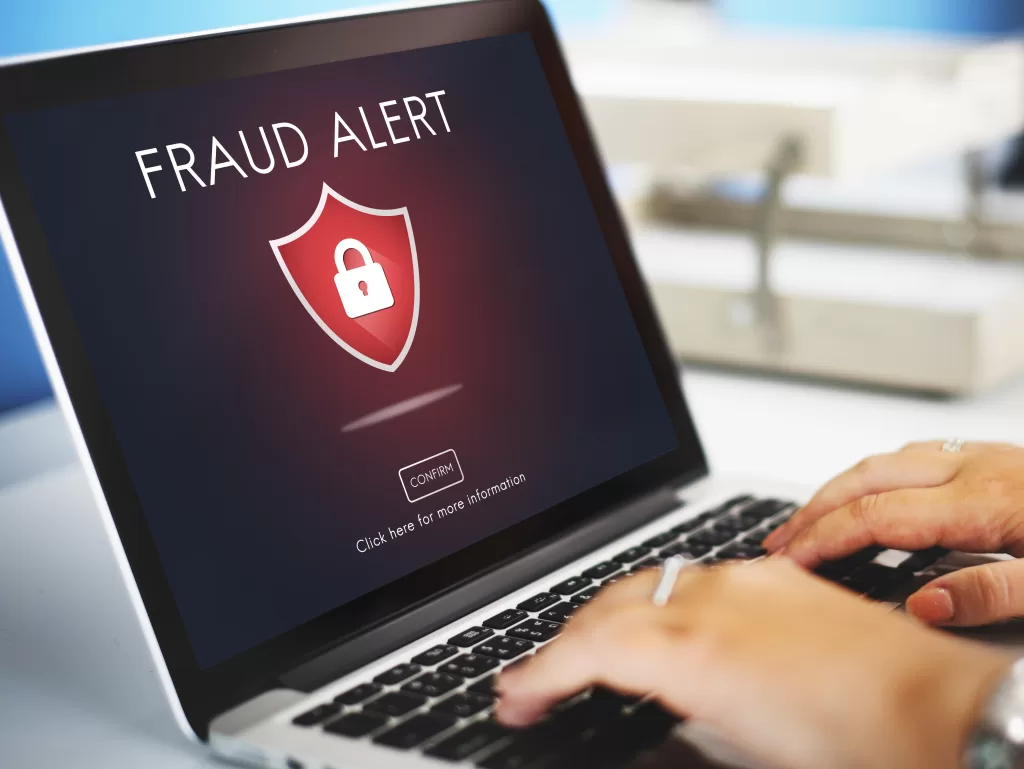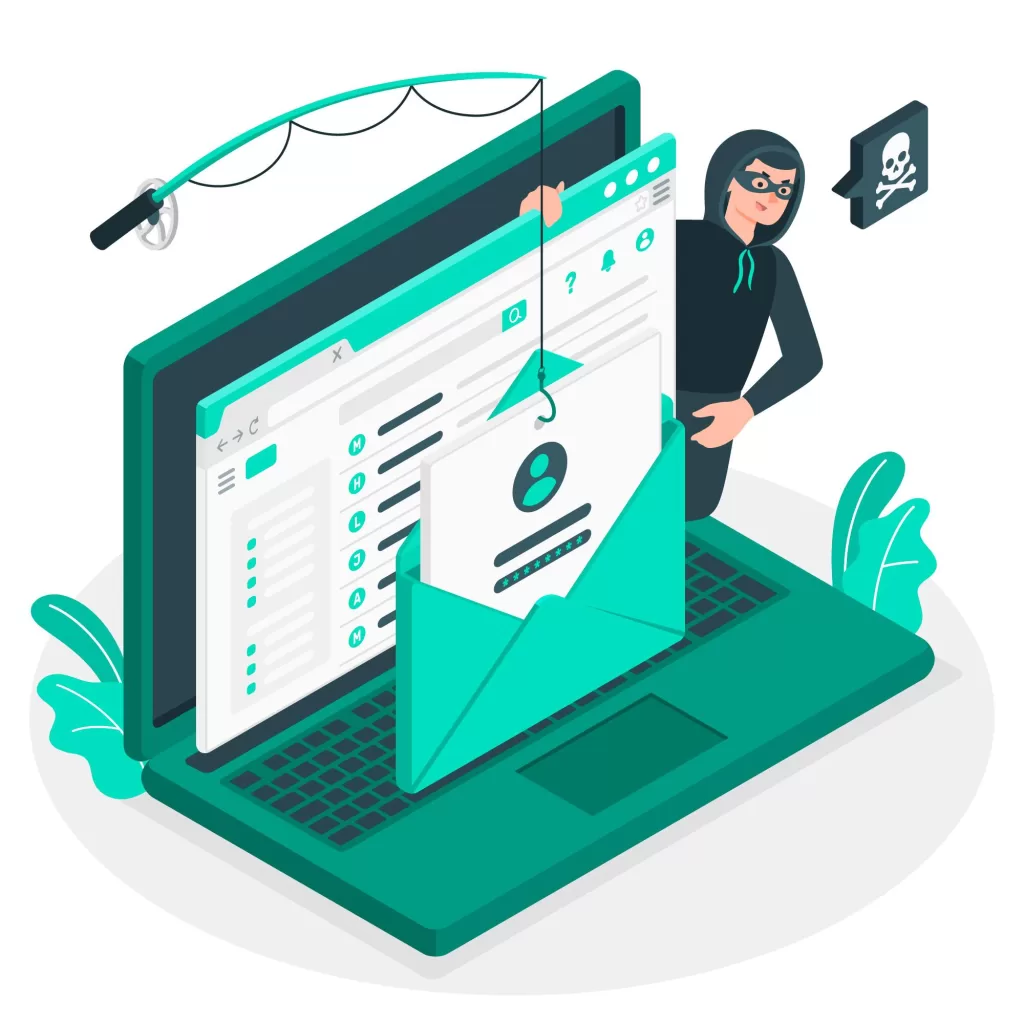In a time when technology permeates every aspect of life, women’s empowerment goes beyond the conventional domains to encompass cybersecurity awareness and digital literacy. Women in Pakistan, like many other regions of the world, have particular difficulties when it comes to internet frauds. Recognising the risks and taking preventative action are essential when it comes to credit card and shopping sale frauds, phishing, and pharming. This essay looks at how Pakistani women may protect themselves against frauds and handle the digital world more skillfully.

Phishing Awareness:
Phishing preys on gullible people by disguising itself as reliable organisations looking for personal information. By identifying warning signs such as unsolicited emails, texts, or links, women may better prepare themselves. It’s critical to confirm the validity of communications and refrain from disclosing private information online. Using two-factor authentication and changing passwords on a regular basis enhances security.
Pharming Vigilance:
Pharming is the practise of diverting visitors from trustworthy websites to phoney ones. By being wary of unknown websites, looking for secure connections (https://), and routinely keeping an eye out for any unusual behaviour on their internet accounts, women may protect themselves against this. Additional defence against pharming assaults can be obtained by using reputable internet security software.
Credit Card Scam Awareness:
Globally, credit card scams—where thieves try to make unauthorised purchases—are common. Women in Pakistan may improve their security by keeping a close eye on their credit card bills to look for unusual purchases. Any disparities should be reported right once to the bank in order to stop additional illegal use. It’s also essential to avoid disclosing credit card information on unsafe websites.
Sale Scams Vigilance:
Scams involving sales frequently appear during shopping seasons, tempting people with alluring discounts. Women should use caution when making purchases, making sure the site has security protections in place, and only buying from reliable companies. Avoiding becoming a victim of sale scams may be achieved in large part by cross-referencing pricing, verifying seller feedback, and implementing payment security mechanisms.
Shopping Sale Scams Awareness:
Scammers that target shoppers take advantage of the thrill of finding deals on merchandise during discounts. By verifying the validity of the transaction through legitimate methods and refraining from clicking on dubious links they get via emails or messages, women may protect themselves. Choosing reputable e-commerce sites with safe payment methods offers an additional degree of security.
Digital Literacy and Education:
Building digital literacy and education as a basis is necessary to empower Pakistani women against frauds. Community projects, online courses, and workshops may all be extremely important in raising awareness. It is important to educate women on cybersecurity best practises, new frauds, and how to disseminate this information in their communities.
Community Support:
Establishing a safe space for women to exchange advice, cautions, and experiences may be quite beneficial. Collaborative environments are created by setting up online forums or groups where people may talk about potential frauds and ask for guidance. By working together, we can create a stronger feeling of community and increase our collective resistance to cyberattacks.
Security Software Utilization:
It is important to install strong security software on devices utilised for internet-based activities. Antivirus software, firewalls, and anti-malware solutions can provide strong protection against a range of online dangers. Updating these software programmes on a regular basis guarantees that they continue to be effective against changing cybersecurity threats.
Two-Factor Authentication:
Enabling two-factor authentication (2FA) provides an additional layer of security for online accounts. Women should activate 2FA wherever possible, as it requires an extra step (usually a code sent to a mobile device) to verify identity, making unauthorized access significantly more challenging for cybercriminals.

Finally, women should be urged to seek assistance if they think they have been duped and to report any suspicious activity to the appropriate authorities. Quick action can help to reduce possible harm and support broader efforts to prevent cybercrime.
To sum up, women in Pakistan must arm themselves against frauds as they traverse the digital terrain in order to protect their personal security and wellbeing. Through raising awareness, adopting digital literacy, and creating a network of support, women can actively contribute to making the internet a safer place for both themselves and others. Digital empowerment is a team effort that begins with education and culminates in a strong community that can repel cyberattacks.



















